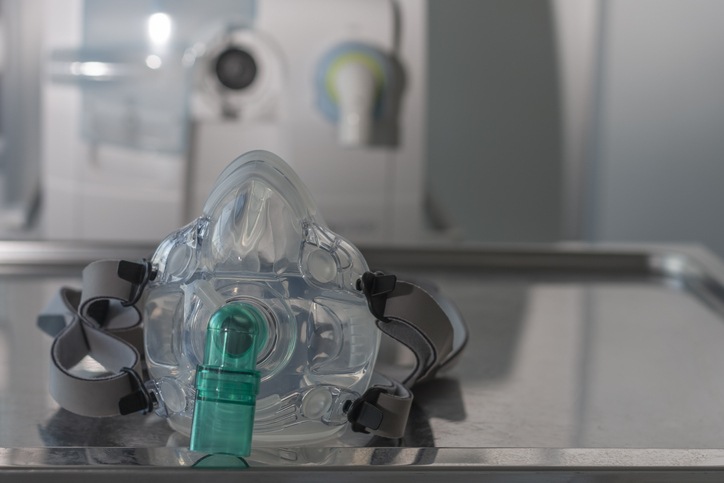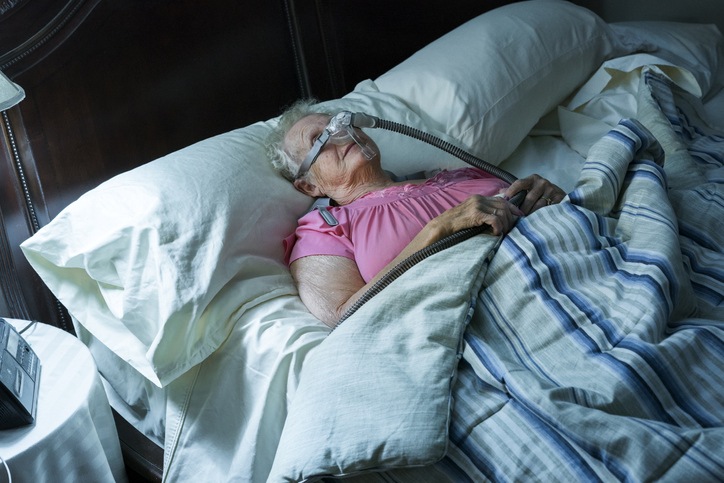
A study presented as part of the CHEST Annual Meeting 2020 assessed sleep and mental health disorders among patients hospitalized for chronic obstructive pulmonary disease (COPD) exacerbations. The researchers concluded that the risk of sleep and mental health morbidity may be high in this patient population.
The study took place at a community hospital and included all patients admitted and undergoing treatment for acute COPD exacerbation. Patients completed questionnaires the day they were discharged. The Becks Depression Inventory (BDI), the Functional Outcomes of Sleep Questionnaire (FOSQ), The Epworth sleepiness scale (ESS), and the Pittsburgh Sleep quality Index (PSQI) were used to evaluate outcomes.
Fifty-three patients with a mean age of 65 years comprised the study population; 28 patients were male. Nearly two-thirds of patients (64.2%) had an abnormal FOSQ. Half of patients (50.9%) had “fairly bad” or “very bad” sleep quality per the PSQI. Three-quarters of patients (74.5%) had abnormal sleep latency, including 25.4% of patients with severely abnormal sleep latency. Sleep duration below five hours was only observed in 15.6% of patients.
About one-third of patients (31%) reported using sedative hypnotics more than three times a week. Moderate sleep disturbance, per the PSQI, was reported in 57% of patients and was severe in 3.9% of patients. Excessive daytime sleepiness, defined as ESS >10, was observed in 39.6% of patients. More than half of patients (58.5%) were clinically depressed, per the BDI scale; about one-third of patients (33.9%) had moderate to severe depression.
“Specific interventions to improve sleep and mental health of patients may improve functional outcomes and overall quality of life in patients being discharged after a hospitalization with COPD exacerbation,” the researchers concluded.







 © 2025 Mashup Media, LLC, a Formedics Property. All Rights Reserved.
© 2025 Mashup Media, LLC, a Formedics Property. All Rights Reserved.